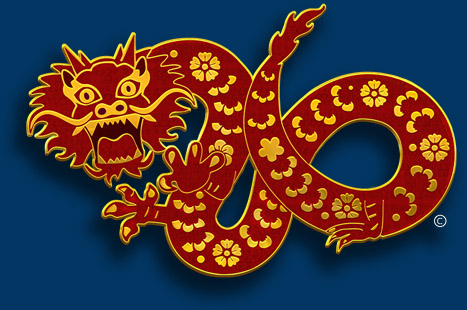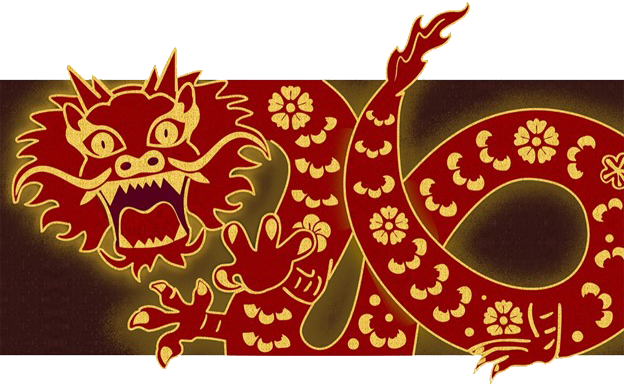THE ZEN MIRROR
The Ark of History
By Jeff Brooks
Look down the mountainside of time at the stories cultures tell about themselves and you will see the rivalry between settlers and raiders.
Before history there was a time when people, like animals, looked around for something to eat and a place to lie down at the end of the day. When they could not find anything nice they were hungry and tired. They were dependent on causes and conditions outside their control. But they learned. They learned to predict cycles of time and place. They learned to travel to places that were fertile. To find what was concealed. And they learned to cultivate: to farm the land and to herd animals. They learned skills, they worked hard, they worked together, and life was better for it.
Then one evening, when people are tired, and dinner is done, as night begins to cover the world, some raiders with clubs sneak into the village and smash the heads of the nearest settlers, terrify the others, take what they like, and disappear into the darkness.
Terror is only the first reaction. Then the settlers vow never to let this happen again. Their shock turns into determination and their plans into action. Having overcome the capricious danger of the natural world they now turn their attention to overcoming the threats from rival humans. They arm themselves. They post sentries. They build walls around their camps. They train. If their fortunes are good and their prosperity increases then the threats to it will too.
Raiders will attack again. The strategies will depend on a calculation of the magnitude of the threat and the values of the people under attack. Fight courageously to the last man, if that is what it will take: some people would rather die free then live as a slave. But not everyone feels that way. Maybe it will seem easier to pay the raiders off without fighting them. It is called paying ‘tribute’ in the stories and it is how empires form and people are enslaved.
Some of the settlers may reproach themselves and the others in their group. They will feel that their prosperity has made them weak. That comfort has given way to pleasure seeking. That the an ethos of hard work, family life and self sufficiency that guided the lives of their ancestors, that succeeded so well in protecting the people from the ravages of nature has given way to an ethos of self indulgence , licentiousness, intoxication, sexual depravity and corruption.
The raiders counted on the weakness of the settlers. After a while they also noted that they themselves, the raiders, were as helpless as the pre settled people were; as dependent on providence as the most hopeful hunter/gatherer. Because the treasure of the settled people was soon exhausted as the settlers lost their will to work and the skills they once had were lost.
The raiders could crack with whip and kill the dragon of resistance but after the delight of wading through the river of blood of their enemies, after taking everything and exhausting it, there was nothing left for them to take. And nothing left to do but fight among themselves for the scraps.
These stories used to be told about the rise and fall of cultures; stories of vitality and decadence, raids and defense, heroism and treachery. That is the human tale. And it continues, unchanged, today.
It continues in the fortunes of nations, in the conflicts between races and parties and classes. The cycle is as true for empires and countries and companies and unions today as it was for tribes in olden times.
But more importantly it is true for us. We can cultivate or we can steal. And not just from others but from ourselves. We can increase our karmic wealth by joyfully doing right, by being generous, by keeping our morality clean, by restraining our anger and greed, by seeing the hard-to-see truth that decency only has happy results and harm only results in misery.
We came into this world with great good fortune. The fact that we were not eaten by wolves, that we didn’t shrivel from hunger is proof. That people were nice to us and we had a safe place to stay is a blessing. We should appreciate it. That we have the health to move with skill and without pain; that we have the intelligence to understand things and to speak about them is the result of our past good acts.
It is possible for us to raid ourselves and to squander our karmic fortune: We can do drugs, steal, lie, cheat people, kill them, take what is theirs and, upon the basis of blessings we have received in the form of a human body and mind squander these blessings, exhaust the goodness we now enjoy and get only suffering for ourselves and bring only suffering to other beings in this world.
Or we can cultivate our lives. We can see what it takes to create happiness in this world and do it. All it takes is courage and skill, discipline and knowledge, kindness and vision. We do not have to succumb to conventional values even if we live in an age of decadence. We do not have to settle or raid. We can use our lives as best we can to save others from suffering.
We have this opportunity right now. It is not going to last.
Copyright Jeff Brooks and FightingArts.com 2011
Jeffrey M. Brooks
Jeff Brooks (9th dan), began martial arts training in 1978 and opened his first karate dojo in Northampton, MA (1988 through 2009), while also conducting self-defense seminars, professional programs in combative skills and served as a regular contributor on Zen and karate-related topics to FightingArts.com.
Jeff then moved to South Carolina and started a career in law enforcement, serving as a police officer, then detective, defensive tactics instructor, firearms instructor, PPCT instructor, Deputy US Marshal, and Deputy Sheriff. After retirement, he founded Mountain Karate in Saluda, NC.
In karate Brooks received his 5th degree Black Belt from the Nagamine honbu dojo, his 7th degree black belt in 2004, and his 9th degree black belt in 2022, in recognition of his formation and leadership of Yamabayashi Ryu. He studied with leading teachers in Okinawan, Japanese, and Chinese traditions, in the US and overseas, including Katsuhiko Shinzato (the translator of Shoshin Nagamine’s Essence of Okinawan Karate Do, and formerly a student of the Kishaba brothers’ karate and kobudo); Sogen Sakiyama, Roshi (direct student of Miyagi Chojun, and practitioner of Goju-ryu karate); and Shoshin Nagamine (Chief of the Motobu District Police, Mayor of Naha, and founder of Matsubayashi Shorin Ryu).
Jeff Brooks has written hundreds of published articles on martial arts, and Zen and has been cited widely online and in print. He wrote speeches and presentations for high profile public figures in politics, media, business and the arts.
He is author of several books including “True Karate Dō”, available on Amazon.com
Search for more articles by this author:






